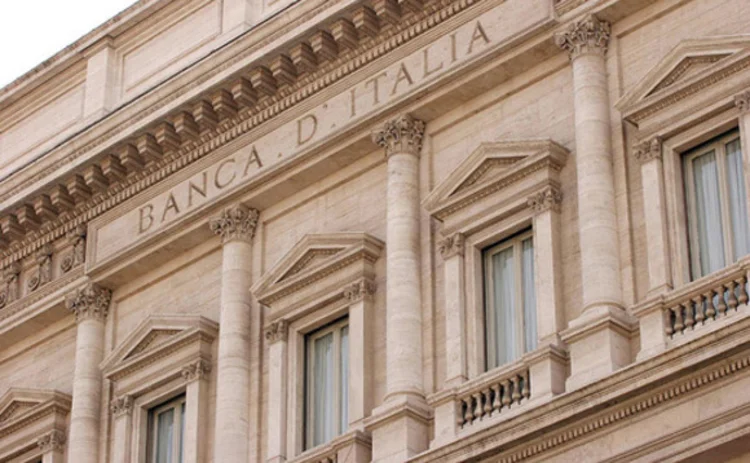Bank of Italy has called for a risk-based regulatory framework for stablecoins, which could prevent the worst-case scenario — a “run” on stablecoins.

In its recently released “Markets, Infrastructures, and Payment Systems” report for June, the central bank urged regulators to apply the same financial conduct standards to stablecoin issuers as to other industry participants.
The bank stated that the rise of cryptocurrencies and multiple “boom and bust cycles” in a largely unregulated environment has resulted in “significant consumer harm.”
The bank stated that regulatory focus on stablecoin issuers should be a priority due to their close relationship with DeFi.
“A robust, risk-based regulation of stablecoins ensuring the prevention of ‘runs’ on their issuers is a necessary condition to reduce the fragility of the DeFi ecosystem, given the prominent role of this asset class in decentralized finance.”
“It is crucial that policy interventions on stablecoins and DeFi are well synchronized since the diffusion of stablecoins […] is likely to spur new waves of DeFi innovation and increase the interconnection between traditional and decentralized finance,” the report added.
The Italian banking authority also noted that stablecoins “have not proven to be stable at all,” citing the collapse of Terra’s algorithmic stablecoin TerraClassicUSD (USTC) in May 2022 as the most notable example.
The bank stated that the industry must also dispel “the decentralization illusion” by recognizing that the majority of decentralized protocols are run by primary stakeholders who can frequently “extract ownership benefits.”
The bank stated that such endeavors must return to traditional, accountable business structures as a prerequisite for operating in the regulated financial sector.
However, the bank emphasized that it is not necessary to regulate every cryptocurrency asset or activity:
Non-financial blockchain use cases include decentralized identification, real estate, supply chain, voting, and carbon credits.
Because the technology operates regardless of national borders, the Italian central bank has also urged countries to work together and establish an international regulatory framework.
